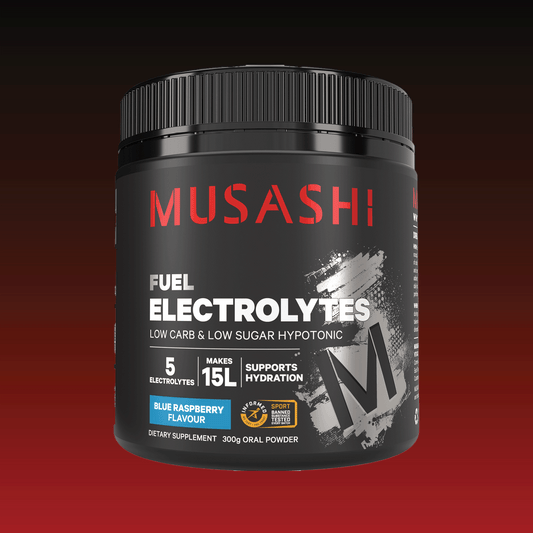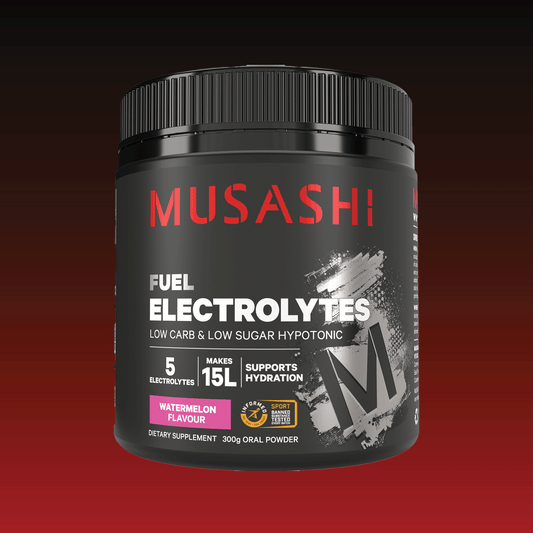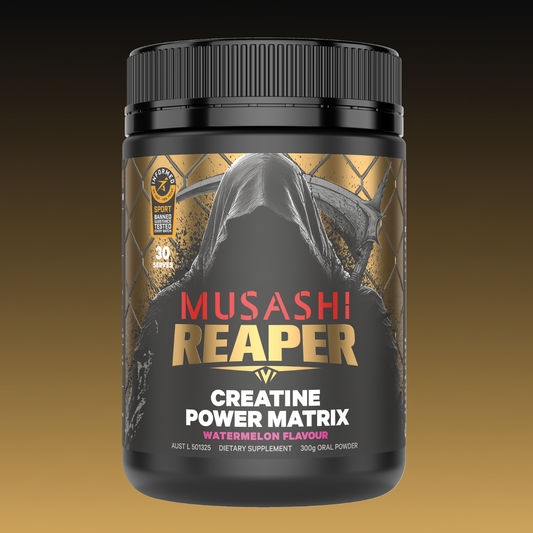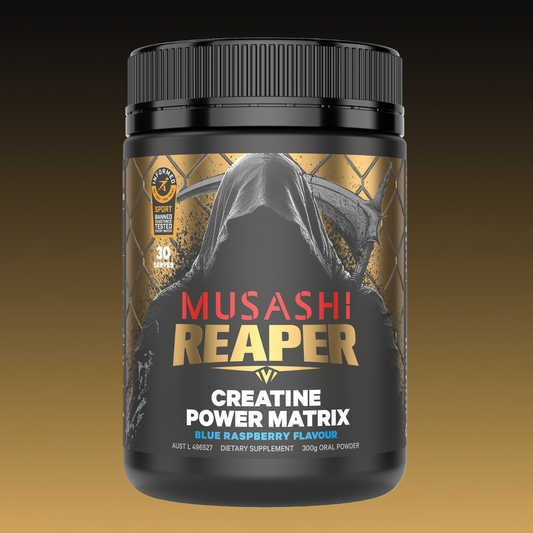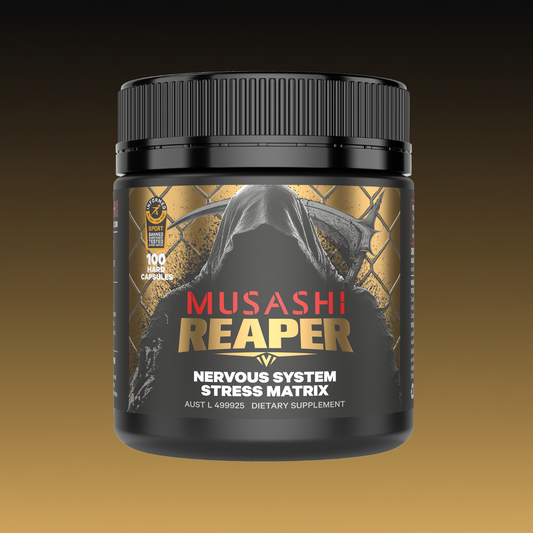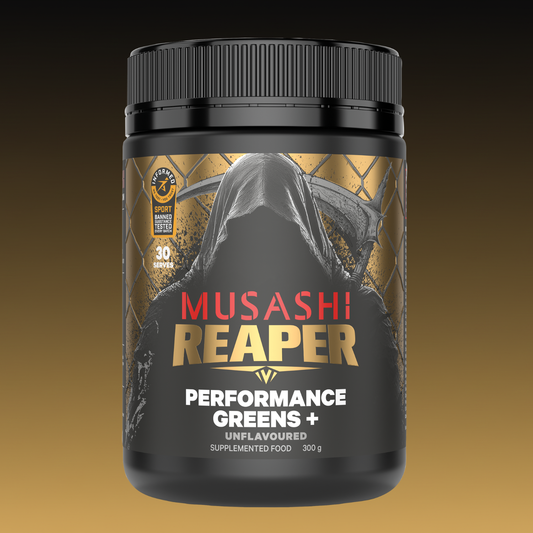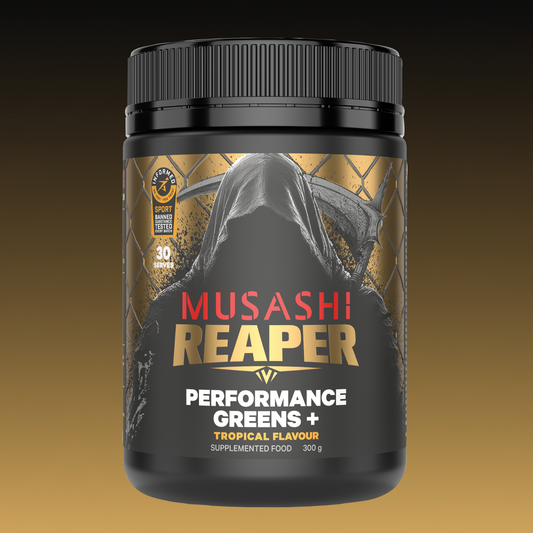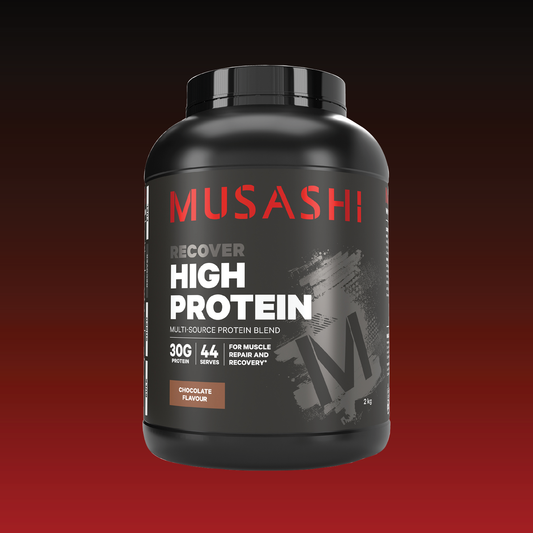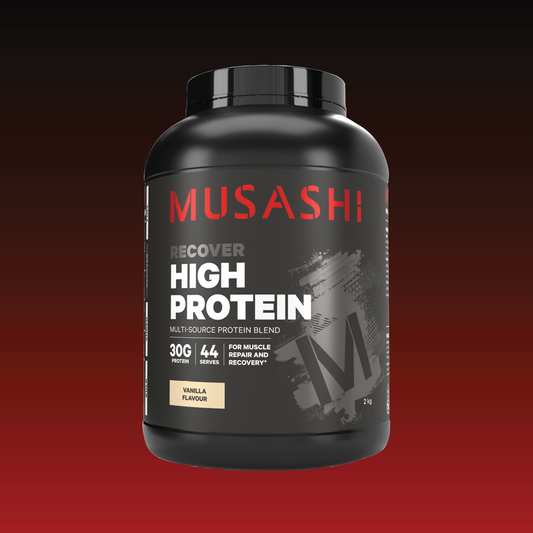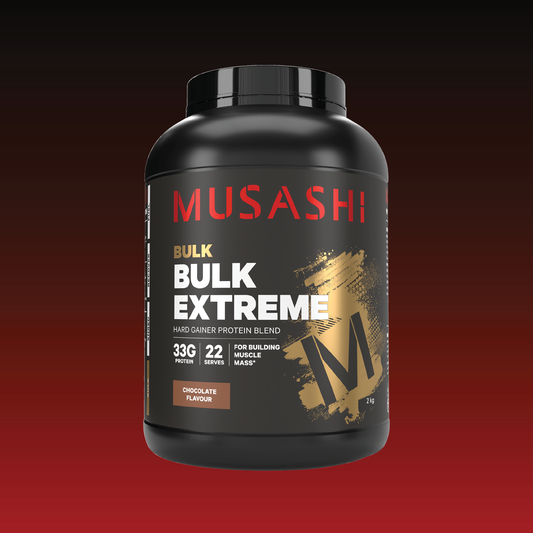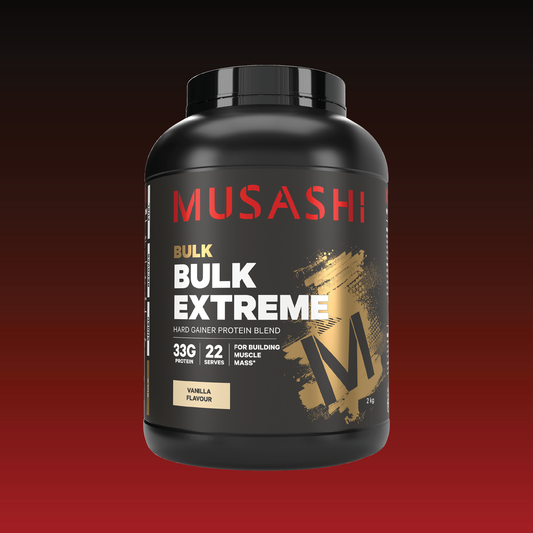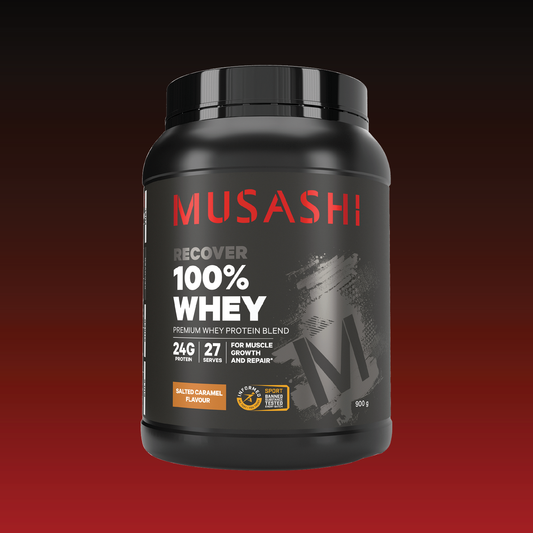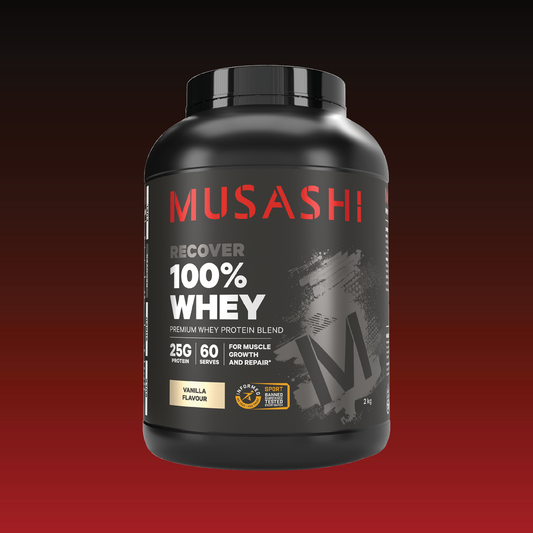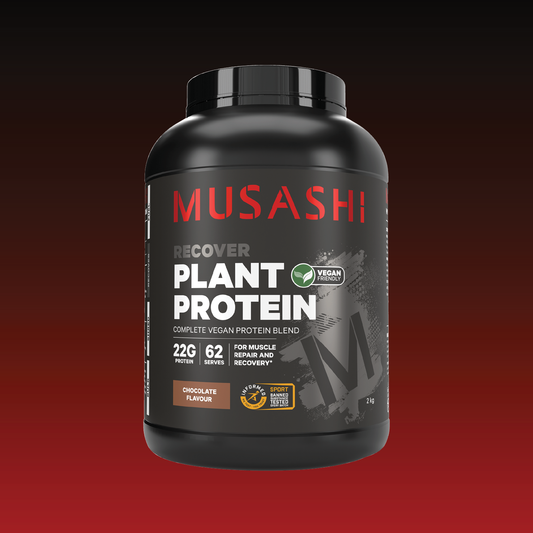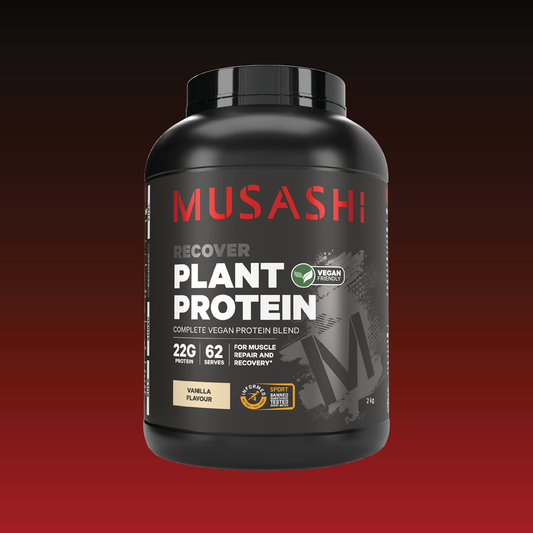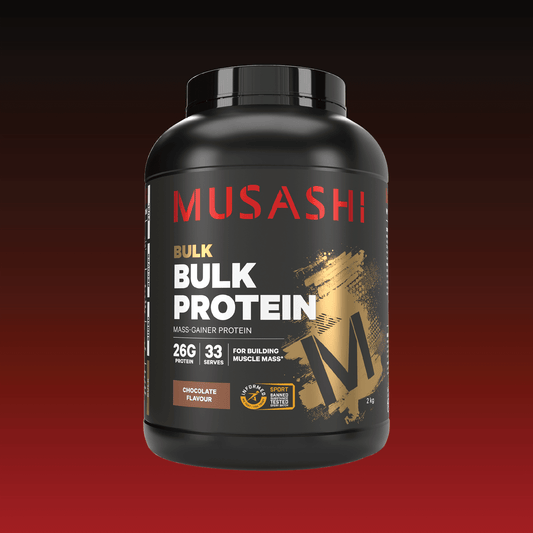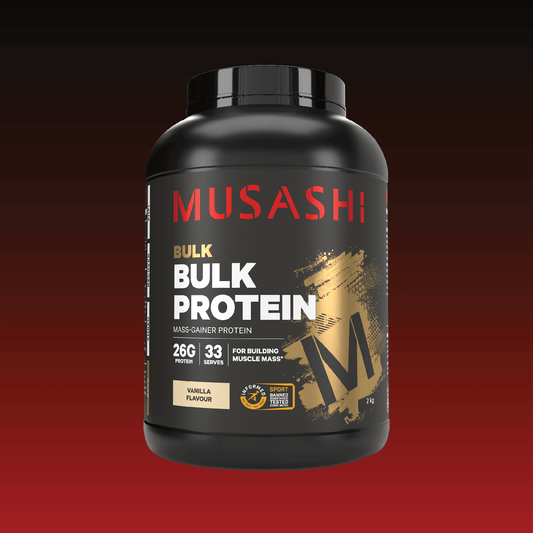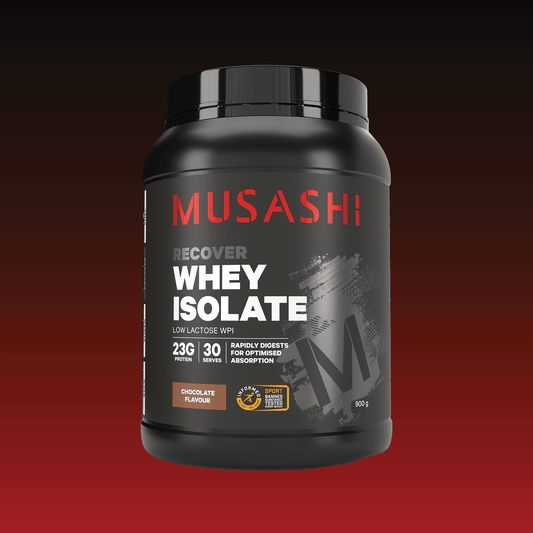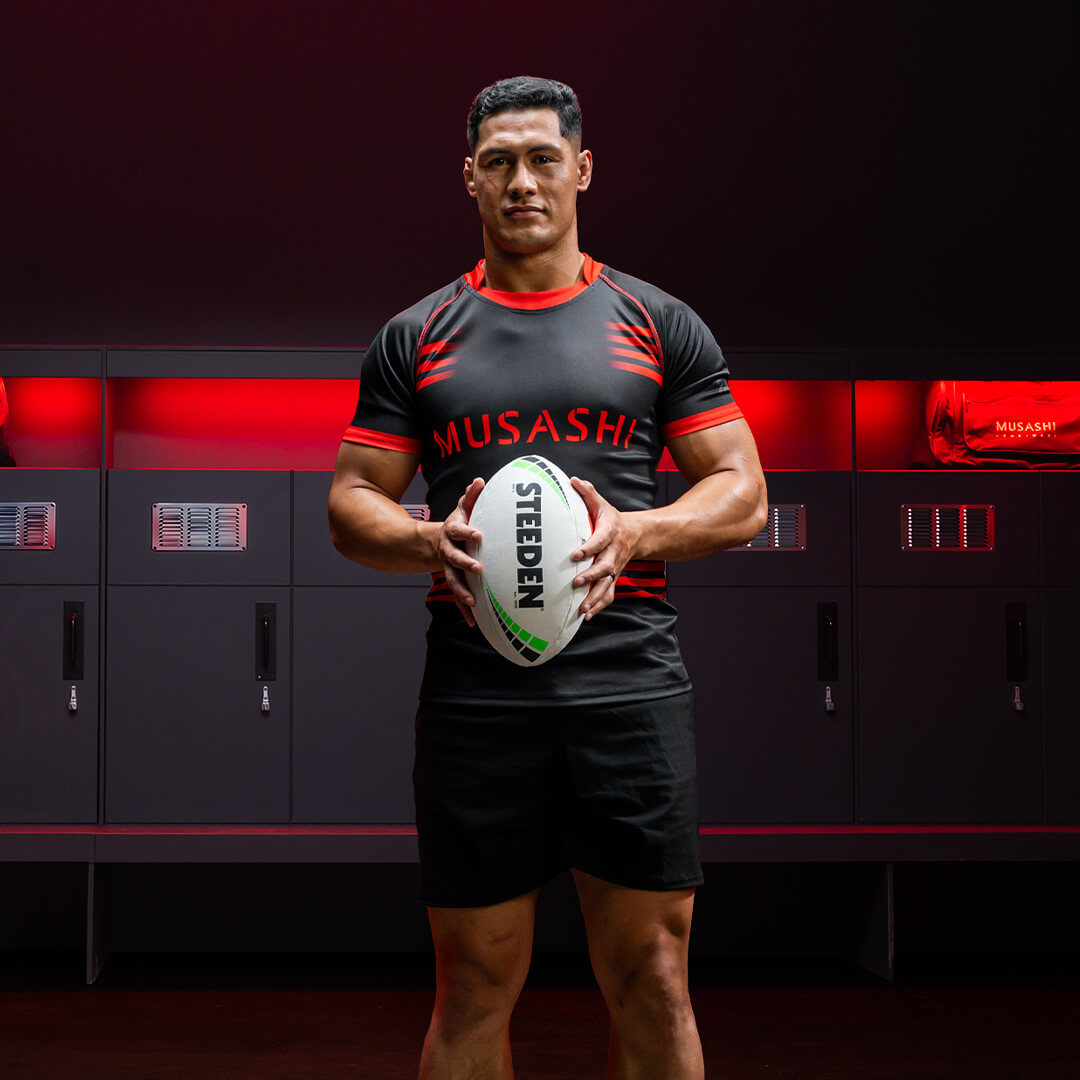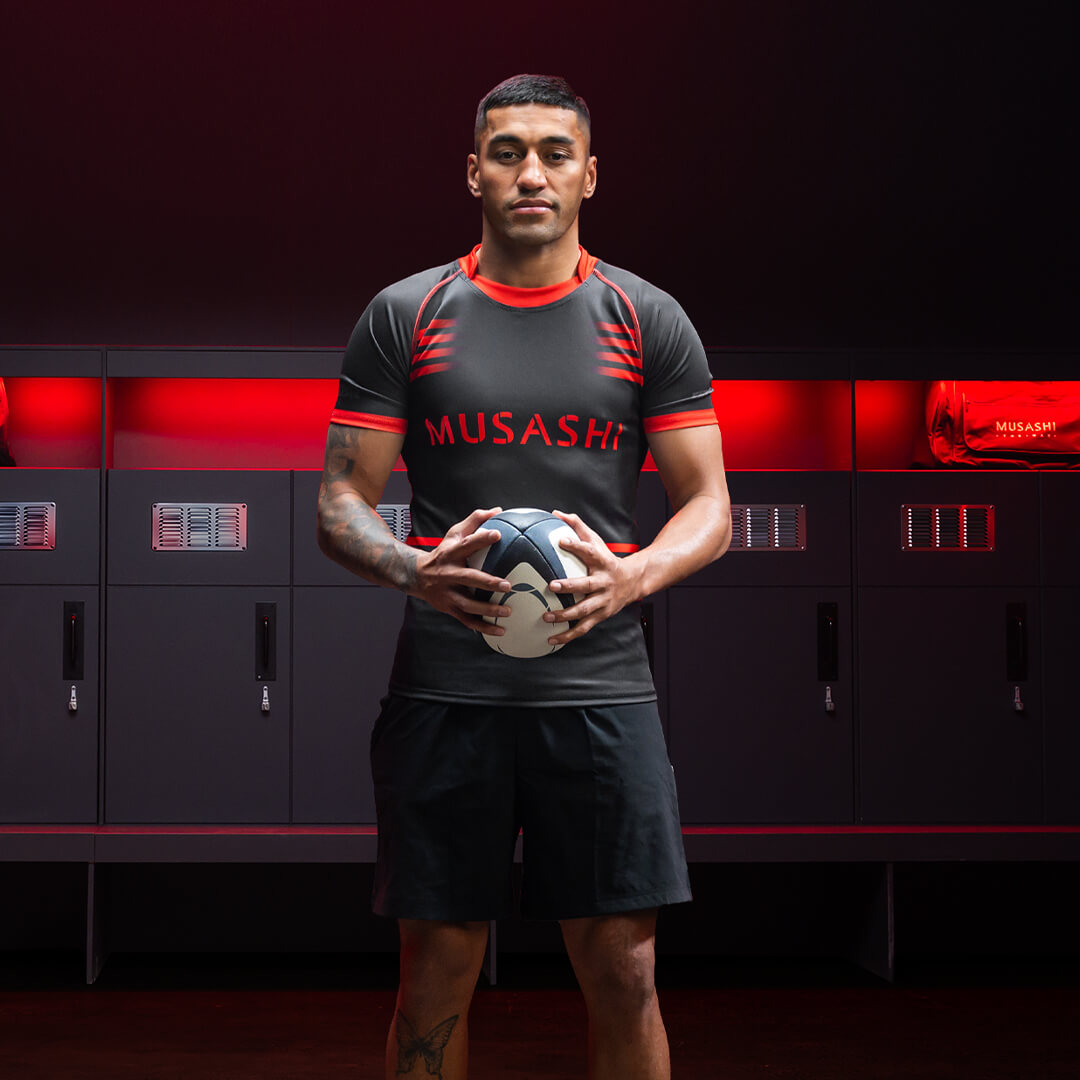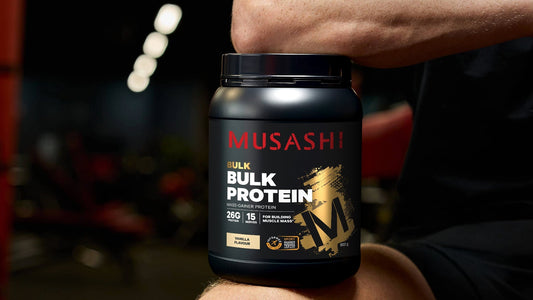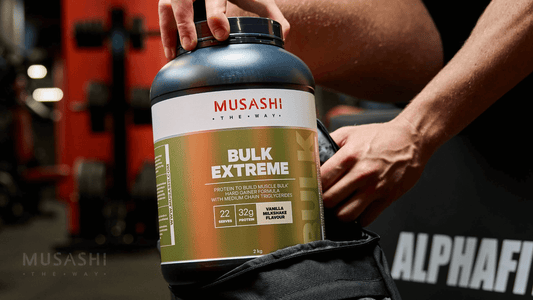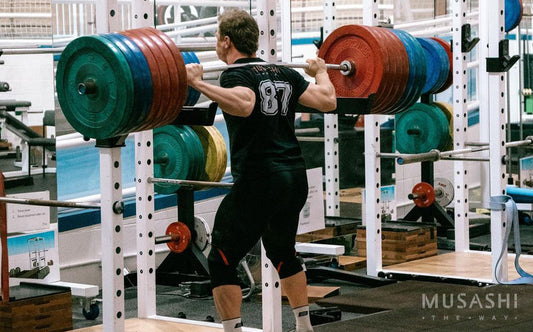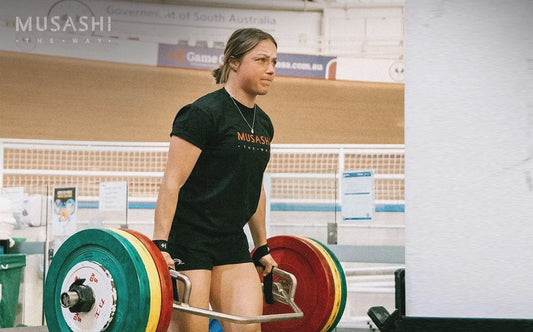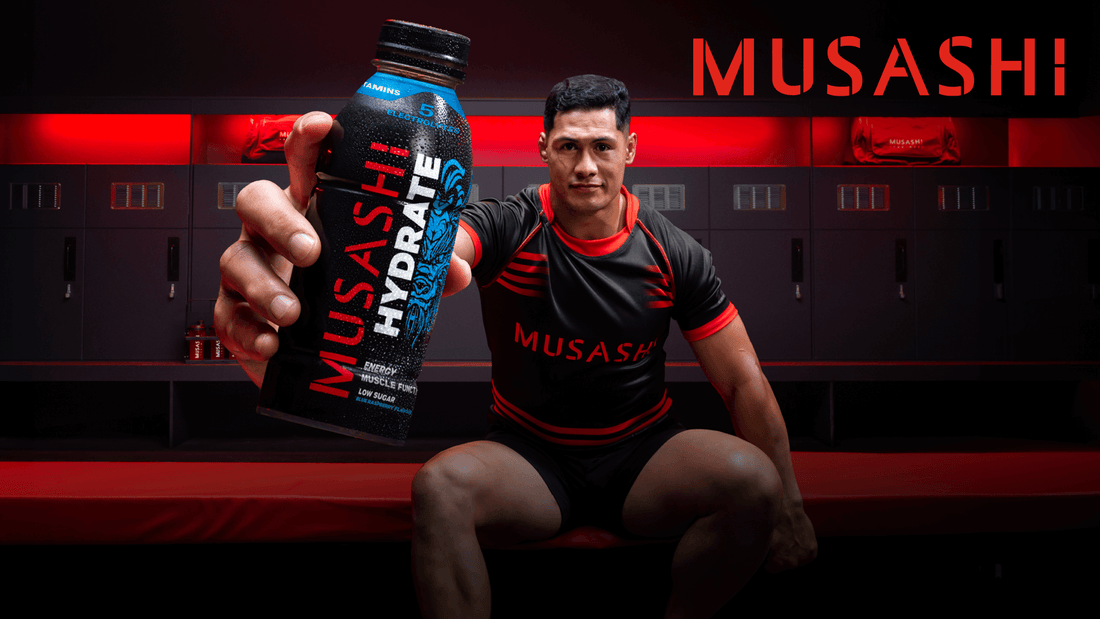
One of the most fundamental aspects of athletic success is often overlooked: hydration and electrolyte balance. These two components are crucial for optimal post-workout recovery and sustained performance.
The Sweat Story
When athletes push their bodies to the limit, they lose more than just calories. Sweat, the body's natural cooling mechanism, also depletes essential electrolytes like sodium, potassium, and magnesium. These minerals play vital roles in the body.
The Dehydration Dilemma
Dehydration, even in mild forms, can significantly impact athletic performance. It can lead to reduced endurance, decreased muscle strength and power, impaired cognitive function, and increased risk of heat-related illnesses. For professional athletes, where every millisecond counts, the consequences of dehydration can be massive!
Electrolytes
Electrolytes play a huge role in athletic performance. They work in tandem with water to:
- Maintain proper fluid balance
- Support muscle contractions
- Facilitate nerve impulses
Replenishing electrolytes lost through sweat is crucial for optimal performance and recovery.
Hydration and Recovery Strategies for Athletes
The principles of hydration and electrolyte balance apply to athletes of all levels. Key strategies include:
- Pre-workout hydration: Ensuring adequate hydration in the hours leading up to exercise.
- Intra-workout hydration: Consuming fluids and electrolytes during training sessions to offset losses.
- Post-workout replenishment: Prioritising rehydration and electrolyte replenishment immediately after exercise.
- Personalised hydration plans: Considering factors like sweat rate, exercise intensity, and duration to develop an individualised hydration strategy.
The Importance of Hydration for Athletes
For professional athletes, hydration is not just a recommendation; it's a necessity. It helps to:
- Recover faster: Adequate hydration aids in muscle repair and replenishment of glycogen stores.
- Enhance performance: Proper hydration optimises blood flow, oxygen delivery, and nutrient transport.
- Reduce injury risk: Dehydration can lead to muscle cramps, heat-related illnesses, and impaired judgment.
- Maintain cognitive function: Hydration supports focus, concentration, and decision-making abilities.
Hydration and electrolyte balance are incredibly important for athletic performance and recovery. By prioritising these often-overlooked factors, you can optimise your training, enhance performance, and minimise the risk of injuries. While professional athletes have access to advanced resources, the principles of proper hydration apply to everyone, from weekend warriors to elite competitors.
